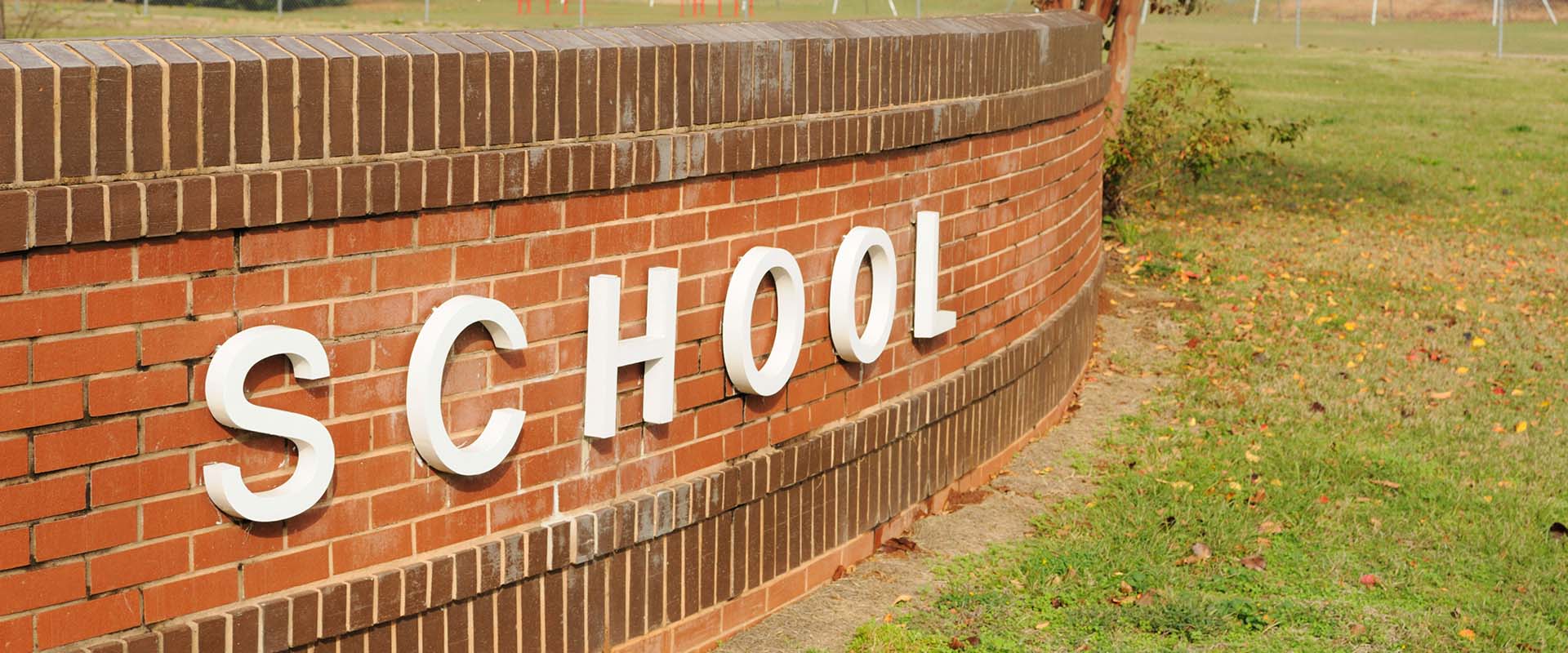U.S. DOE Releases Updated Federal Guidance Regarding Religious Expression in Public Schools in Light of Kennedy

Number 28
On May 15, 2023, the U.S. Department of Education (U.S. DOE) updated its Guidance on Constitutionally Protected Prayer and Religious Expression in Public Elementary and Secondary Schools (Guidance). The update is a result of the United States Supreme Court opinion in Kennedy v. Bremerton School District (2022) 142 S.Ct. 2407, which overruled Lemon v. Kurtzman (1971) 403 U.S. 602, and eliminated the “Lemon test,” which was widely applied by school officials to determine whether religious expression by staff and students constituted a violation of the Establishment Clause such that districts could lawfully restrict the expression. See our 2022 Client News Brief Number 31.
The Guidance provides the U.S. DOE’s interpretation regarding the applicability of Kennedy in public schools and further outlines where, when, and how students and staff may engage in religious expression, including prayer.
First Amendment Freedom of Religious Expression—Overview of Constitutional Principles
The Free Exercise and Free Speech Clauses of the United States Constitution’s First Amendment broadly apply to students within the public school setting unless the conduct in question would materially and substantially interfere with school operations, or where religious expression is authorized by district policy.
In contrast, speech and expression by public school employees conducted within the scope of their employment may be limited. In Kennedy, however, the Supreme Court held that religious expression, specifically prayer, by staff during the workday is not completely prohibited. Namely, school district employees are permitted to engage in private, non-demonstrative prayer while on duty at times when other school staff are permitted to engage in non-religious expression and activities.
Importantly, Kennedy did not sanction teacher-led prayer or religious instruction in public schools, and the constitutional ban on religious coercion in public schools remains intact.
Updated Guidance Regarding Prayer in Public Schools—Students and Staff
Consistent with prior guidance, the U.S. DOE affirmed that students may engage in prayer individually and in groups outside of instructional time so long as the conduct is not disruptive to the educational program. School authorities may impose reasonable rules and pedagogical restrictions on religious expression and activities as they would for nonreligious expression and activities.
Employees may not endorse, encourage, or discourage prayer or other religious activities when acting in their official capacity as a government employee. However, consistent with Kennedy, the Guidance clarifies that employees may engage in brief personal religious expression, including prayer, before school or during breaks to the same extent they may engage in other conversation or nonreligious activities within prescribed codes of conduct. This may include meeting with other teachers for prayer or religious studies to the same extent employees may congregate for nonreligious purposes. Importantly, any religious expression or activity by a staff member must not compel, coerce, persuade, or encourage students to join in the religious activity, including prayer.
Updated Guidance Regarding Religious Expression During School-Wide Activities
Previously, under Lemon and corresponding Ninth Circuit precedent, a public school was permitted to restrict religious expression in school-wide activities, such as graduation, to avoid violating the Establishment Clause. However, Kennedy overruled Lemon, holding that avoiding an Establishment Clause violation, specifically the appearance of government endorsement of or excessive entanglement with religion, did not justify a district’s denial of individual free speech or free exercise rights. In absence of the now overruled Lemon test, the Guidance permits students to include religious content in school-wide speeches provided the following conditions are met:
- The speaker is selected on the basis of genuinely content-neutral, even handed criteria;
- The school does not determine or have control over the content of the student’s speech; and
- The expression is not reasonably attributed to the school.
Notably, this Guidance maintains the requirement that school districts be “hands off” in development of and determinations regarding religious content. Where district officials control the content of the speech through either review or approval, the student’s speech becomes attributable to the school and may not include content promoting or opposing religion, including prayer. Further, districts may not mandate or organize prayer at graduation nor may districts select speakers based on religious content whether the speaker be a staff member or student.
School districts are permitted to make appropriate, neutral disclaimers to clarify where a student’s speech is their own and not that of the district.
Takeaways
Students continue to enjoy broad individual religious freedom in the public school setting so long as the religious activities are not conducted on behalf of the school or materially disruptive to the educational programs.
Employees are permitted to engage in religious expression before school or during breaks, including prayer, so long as they are not acting within their official duties at the time and assuming such expression is private and non-demonstrative.
Any religious expression by students at a school-wide activity must not be attributable to the school itself. Employees remain prohibited from engaging in any coercive religious activities, including leading students in prayer or encouraging other religious expression.
For more information about the U.S. DOE Releases Updated Federal Guidance Regarding Religious Expression in Public Schools, please contact the authors of this Client News Brief or an attorney at one of our eight offices located statewide. You can also subscribe to our podcast, follow us on Facebook, Twitter and LinkedIn or download our mobile app.
As the information contained herein is necessarily general, its application to a particular set of facts and circumstances may vary. For this reason, this News Brief does not constitute legal advice. We recommend that you consult with your counsel prior to acting on the information contained herein.







